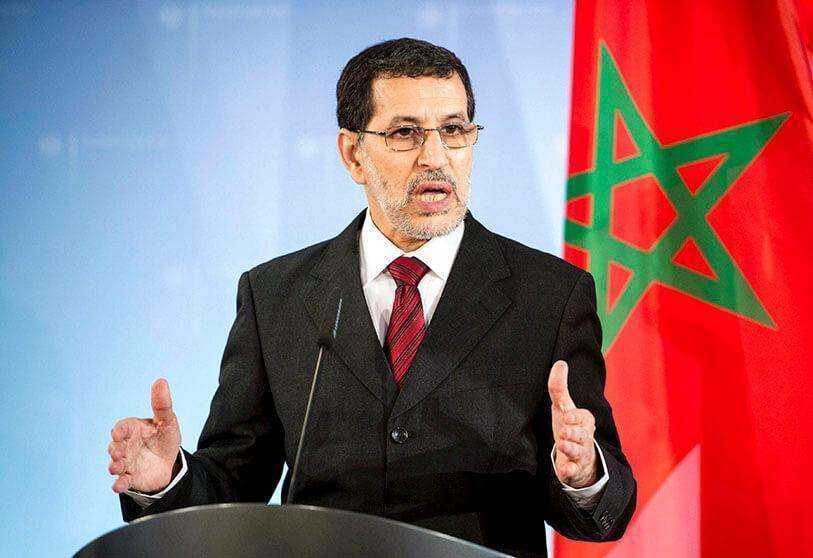Marruecos aprueba leyes electorales que limitarán el peso de los islamistas

The Moroccan Parliament last night approved a reform of the electoral laws that will govern the elections next autumn, with the opposition of the Islamists of the Justice and Development Party (PJD, the party with the most seats) because they will limit their weight in the Chamber.
The amendments were approved by almost all the remaining parties, both from the government coalition and the opposition, after a delay of several hours caused by the mass presence of PJD MPs who ignored the COVID's capacity limitation measures, although in the end they could not avoid the result.
Among the main amendments was the elimination of the electoral barrier (previously set at 3% for the legislative elections), but it was the revision of the electoral quotient that caused a tense and lengthy debate in the plenary session of the House of Representatives (Lower House) held on Friday night to Saturday.
Morocco has since 2002 adopted a system based on proportional representation by electoral lists with "major remainder" methods calculated on the basis of valid votes.
From now on, the electoral quotient will be calculated on the basis of the lists of registered voters, whether they have voted or not, which can lead to large differences in the results, given that in 2016 there were 5.8 million valid votes out of a census of 15.7 million.
In other words, the higher the electoral quotient, the less chance any party has of reaching it, which translates in practice into a distribution of seats among all parties, including the very minority ones.
The experts consulted by Efe agree that this is a new method that has no precedent in the world, and that it will result in an atomisation of Parliament and the weakening of the majority parties, particularly the PJD, the most voted party in all the elections of the past decade.
Ahmed El Bouz, a university professor of constitutional law, told Efe that the new reform will put an end to the progress Morocco has made since 2002 towards a rationalisation of political life: "Now we are back to square one with a dispersion of the political map," he said.
"The main objective of these measures is to increase the degree of certainty as to the results, and to control the rules of the game, but this will do away with the principle of competitiveness," lamented Mohamed Masbah, director of the Moroccan Institute for Policy Analysis (Mipa), who likened the measure to a kind of "electoral fraud".

The reform sparked a polarised confrontation between almost all political parties and the Islamist PJD, which sees the measure as a means of restricting its electoral clout.
In the last legislative elections in October 2016, the Islamist party won 125 seats out of a total of 395 in the lower house - 18 seats more than in the previous legislature - while strengthening its representation in the country's major cities.
However, the growth in votes and seats has been paralleled by a decline in power in the Executive: if in 2011 the PJD, in addition to the Presidency of the Government, was at the head of strategic ministries such as Justice and Foreign Affairs, in 2016 it was left out of the most important ministries when it had to share them with a heterogeneous coalition of five parties that was imposed on it in tough negotiations.
With the new electoral laws, it is impossible for the PJD to continue to grow, and in fact it risks losing more than 40 seats.
Speaking to his party's website, the PJD's deputy secretary general, Slimane El Omrani, indicated that these reforms have been passed "to close the door" on his party's leadership.
In contrast to the PJD, the rest of the parties defend the new reform because, they say, it will guarantee equal opportunities and pluralism in the legislative institution, including the Authenticity and Modernity Party (PAM), which came second in the 2016 elections and which will also be disadvantaged by the new electoral quotient.
The approval of these laws is a fundamental stage in the organisation of this "election year" in which the legislative elections coincide with the municipal and regional elections starting in the autumn, and from which a government will emerge to manage the post-pandemic period.









